Study shows iPhone 12's MagSafe might cause trouble for heart-patients
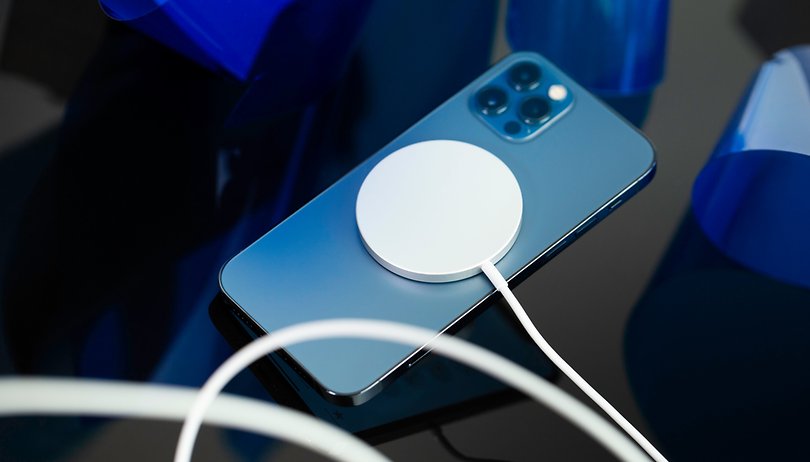

Read in other languages:
A recent medical study shows that the MagSafe built into the iPhone 12 can apparently deactivate implanted defibrillators. All it takes to do this is to bring the smartphone close to it.
The study, published in the Heart Rhythm Journal, refers to an implantable cardioverter-defibrillator (ICD) from Medtronic. Such ICDs can be deactivated by external magnets due to the technology used. This is exactly what can happen when an iPhone 12 is oriented appropriately.
In itself, MagSafe is not harmful and can be an advantage in everyday life, for example for wireless charging. However, the circularly placed magnets in the iPhone mean patients who carry Medtronic's medical device in their bodies should be careful when handling the new Apple smartphone.
MagSafe in iPhone 12 disables implanted defibrillator
As the researchers write in the study, they tested their assumptions simply by holding an iPhone 12 over a patient's chest area – where the ICD is housed. An image shows that the defibrillator is disabled when the iPhone is nearby.
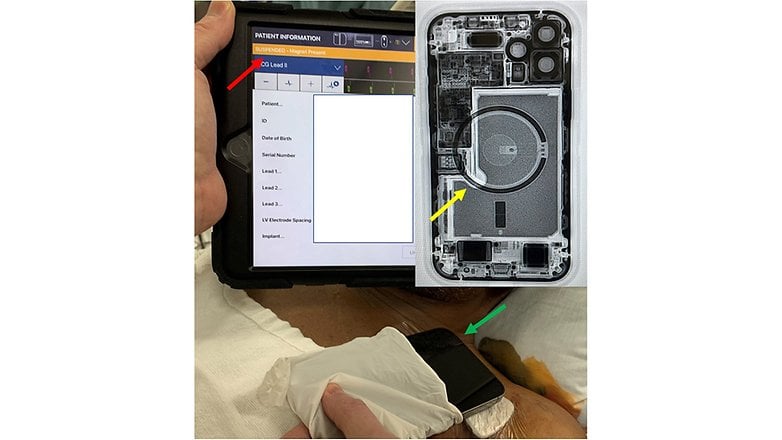
In the study, the researchers recommend that manufacturers and doctors alert their patients to such problems. Not only iPhone 12 but also other wearables could have similar effects on medical equipment. It's conceivable that other manufacturers could also increasingly turn to magnets in the future to make charging easier, for example.
Apple points out interference with medical devices
Apple itself writes in a support document that "magnets and electromagnetic fields may interfere with medical devices, such as pacemakers and defibrillators". At the same time, however, they mention that with iPhone 12, despite containing more magnets, they do not expect "to pose a greater risk of magnetic interference to medical devices than prior iPhone models".
Users should contact their doctor or device manufacturer with any questions for more specific information on potential restrictions, according to Apple. This includes, for example, maintaining a certain distance.
As Medical Xpress writes in its coverage of the study, manufacturers should consider better protecting their devices against such interference in the future. Equipment from companies like Medtronic "continue to butt heads with consumer devices—and they will continue to lose," the report says.
Via: 9to5Mac Source: Heart Rhythm Journal, Apple, Medical Xpress
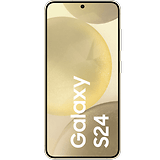
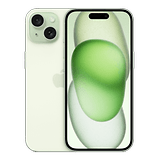

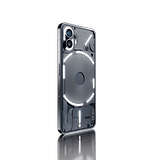
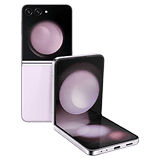

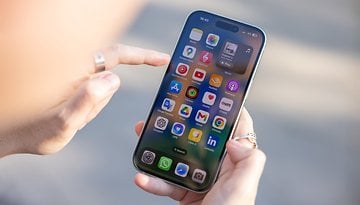
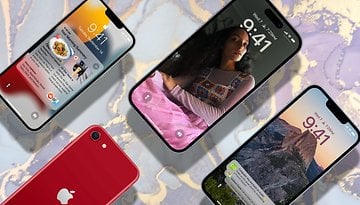
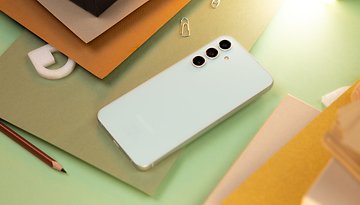
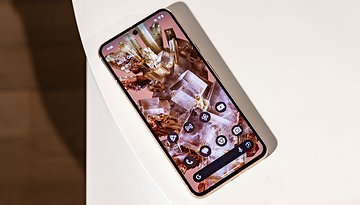
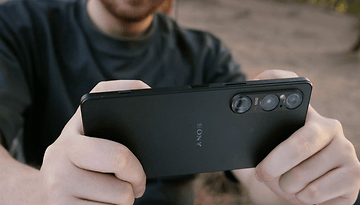
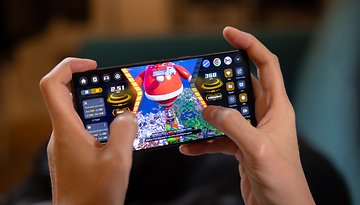
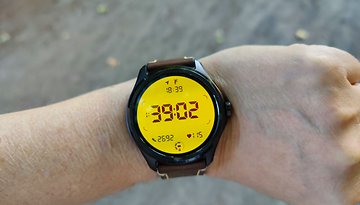
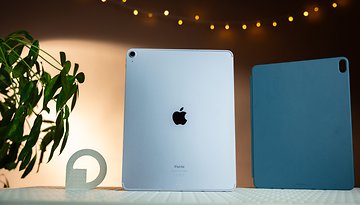
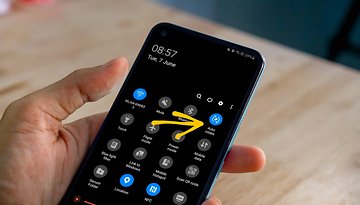
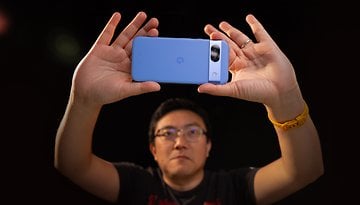

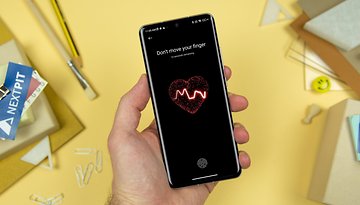
Recommended editorial content
With your consent, external content is loaded here.
By clicking on the button above, you agree that external content may be displayed to you. Personal data may be transmitted to third-party providers in the process. You can find more information about this in our Privacy Policy.